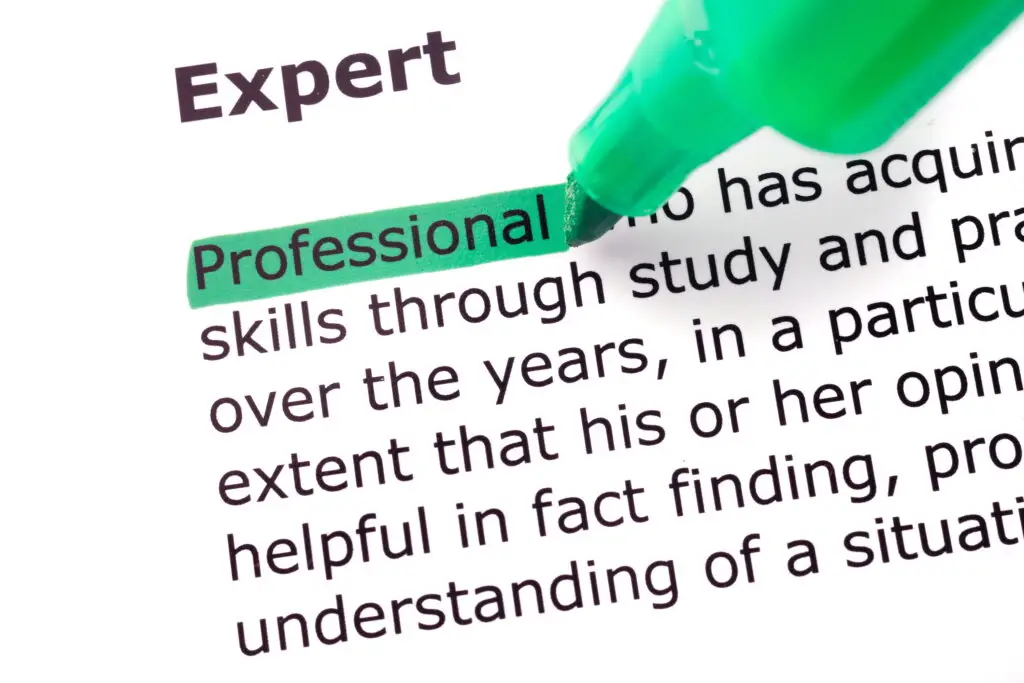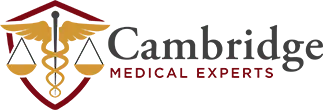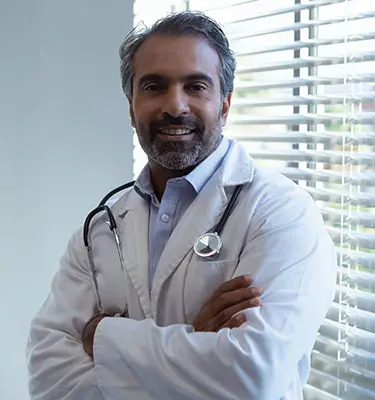
The United States Avoids Liability in a medical malpractice lawsuit against the Department of Veterans Affairs
Opposing counsel often challenge the other side’s expert witness qualifications in medical malpractice lawsuits. This strategy can prove instrumental in the ultimate outcome of a case. Many successful malpractice lawyers rely on expert witness service companies to identify and vet qualified expert witnesses. This approach can mitigate the risk that an unqualified expert ends up harming or even devastating a case.
In KERRY PICKARD, as the Executor of the Estate of John Cedar and individually as the heir at law of John Cedar; SANDRA CEDAR, an incapacitated person, by and through her Next Friend, Kerry Pickard, Plaintiffs – Appellants, v. UNITED STATES OF AMERICA, Defendant – Appellee plaintiffs appealed a district court’s summary judgment based on the exclusion of plaintiffs’ standard-of-care expert witness. The district court judge determined that plaintiff’s expert did not qualify under Kansas expert witness requirements. On appeal, the United States Court of Appeals for the Tenth Circuit (Appellate Court) affirmed the lower court’s exclusion of the expert witness and summary judgment.
In this case, the family members who lost a loved one ended up with no compensation due to an unqualified expert witness.
Background
John Cedar died following medical treatment he received at the United States Department of Veterans Affairs (“VA”). His daughter Kerry Pickard (Pickard) and his wife sued the VA for medical malpractice in the Kansas federal district court under the Federal Tort Claims Act, 28 U.S.C. § 2671 on July 18, 2018.
Pickard’s counsel engaged Dr. Joel Bartfield, an emergency room doctor, to testify on the standard of care that the plaintiff contended the VA doctors failed to live up to when they treated Cedar. To qualify as an expert for the case, Dr. Bartfield must have met the criteria set out in Kansas expert witness statute. That law requires any expert witness in a medical malpractice case where the standard of care given by a medical provider is at issue to spend at least 50% of their professional time in actual clinical practice in the same profession as the defendant. In addition, the expert must have performed that clinical practice for at least the two years immediately preceding the defendant’s alleged malpractice.
Unqualified Expert Witness Results in Summary Judgement
In its motion to strike Bartfield’s expert testimony and for summary judgment, the United States pointed out that in his deposition Dr. Bartfield said he spent only 20% of his time on “patient care” and the rest of his time on indirect clinical and non-clinical work. The U.S. argued that based on his own testimony that he only spent 20% of his time in clinical practice, Dr. Bartfield failed to meet the 50% “actual clinical practice” qualification required under the Kansas statute.
Further, since Dr. Bartfield’s testimony was the sole way that Pickard could prove the VA’s alleged breach of standard of care, the United States asked the court to declare a summary judgment in their favor. The district court agreed that Bartfield did not meet the statute’s requirements for an expert witness and granted the defendant a summary judgment.
Pickard Appeals Expert Exclusion and Summary Judgement
Plaintiff Pickard appealed, arguing that the district court interpreted the expert’s “actual clinical practice” requirement too narrowly and that in fact, Dr. Bartfield did meet the actual clinical practice requirement. Accordingly, they submitted that the summary judgment was incorrect. In response, the United States asserted that Pickard couldn’t appeal the exclusion of Dr. Bartfield as an expert because she waived that right by failing to challenge the motion to strike her expert witness in her opening statement.
Pickard’s Arguments for Why the Expert Qualified
Pickard maintained that the district court’s reading of “actual clinical practice” was erroneous. In the plaintiff’s view, the court should have considered Dr. Bartfield’s indirect patient care as falling within that definition. The Appellate Court, however, pointed out that in a Memorandum and in the Order the district court had considered indirect patient care — such as when the practitioner advises or consults to benefit a patient – to be “actual clinical practice.” The reason the district court did not credit Dr. Bartfield for his “indirect clinical practice” hours is that he was giving residents retrospective, educational advice and not consulting on the actual care of an existing, specific patient. Kansas case law establishes that this type of educational advising does not constitute “patient care.”
Even when Pickard referred to Dr. Bartfield’s statements that he had provided indirect care to specific patients, the Appellate Court refused to find that the lower court had erred. The court instead found that this was a question of fact within the domain of the district court and not an erroneous interpretation or application of the statute that the Appellate Court reviews.
Appellate Court Affirms District Court Ruling
First, the appellate court found that Pickard had not waived her right to challenge the exclusion of her expert witness. Second, the court affirmed the district court’s ruling, finding that the court had properly interpreted and applied the Kansas expert witness statute.
Practitioner Tips The Pickard case reminds medical malpractice lawyers of the importance of ensuring that any expert you use is qualified. It is not enough to look at a potential expert’s academic background, degrees, and certifications. A careful evaluation of their qualifications under state statutes governing experts used in medical malpractice cases such as the Kansas medical statute in Pickard is essential. If an expert is not asked the right questions up front in a professional, thorough vetting process, opposing counsel can quickly undermine an unqualified expert in cross-examination, or even successfully excluded them and win a summary judgment as happened in the Pickard medical malpractice lawsuit.
For help in finding and properly qualifying expert witnesses for your next case, contact Cambridge Medical Experts (617) 768-7103 or averyburke@cambridgemedicalexperts.com


